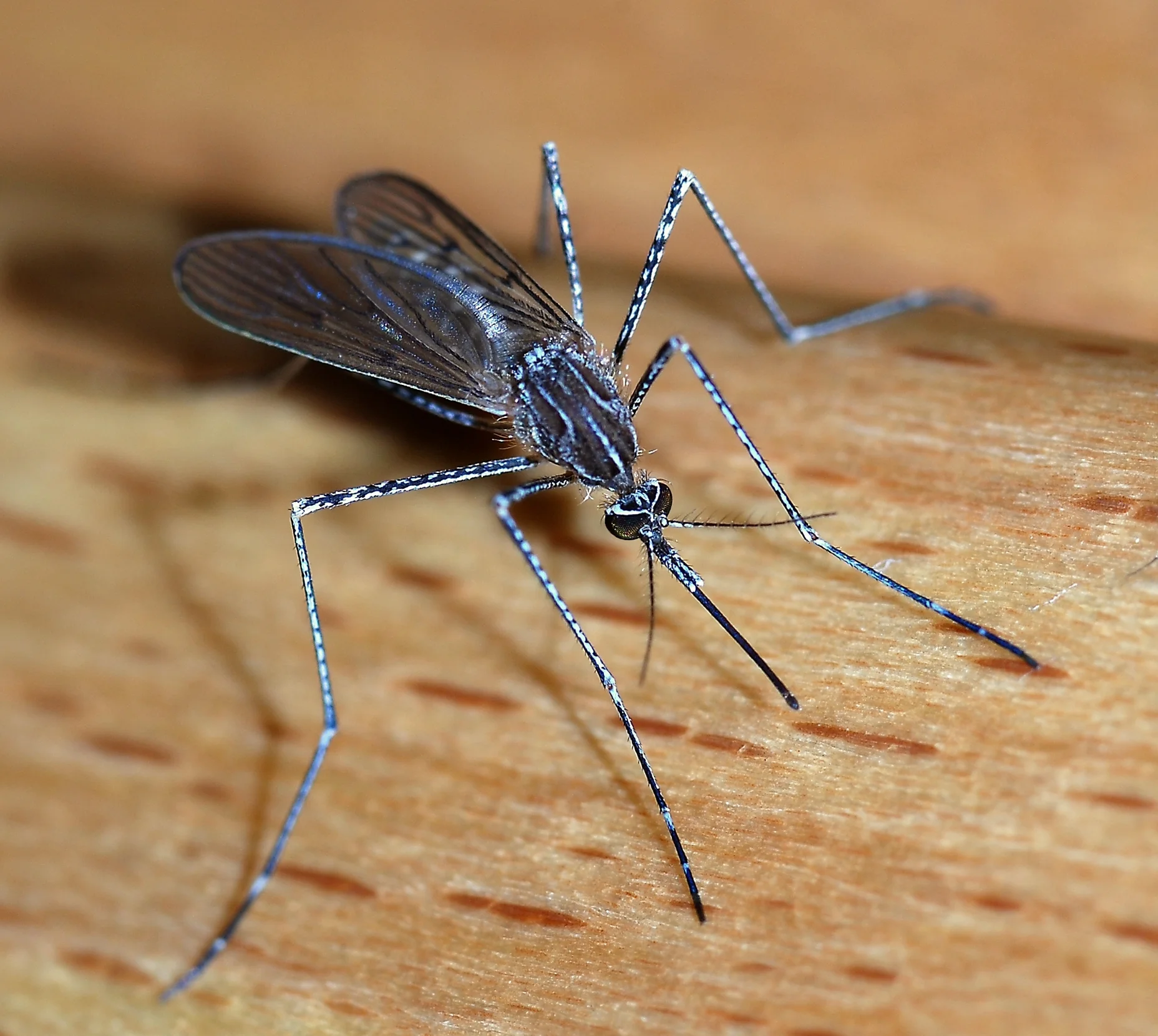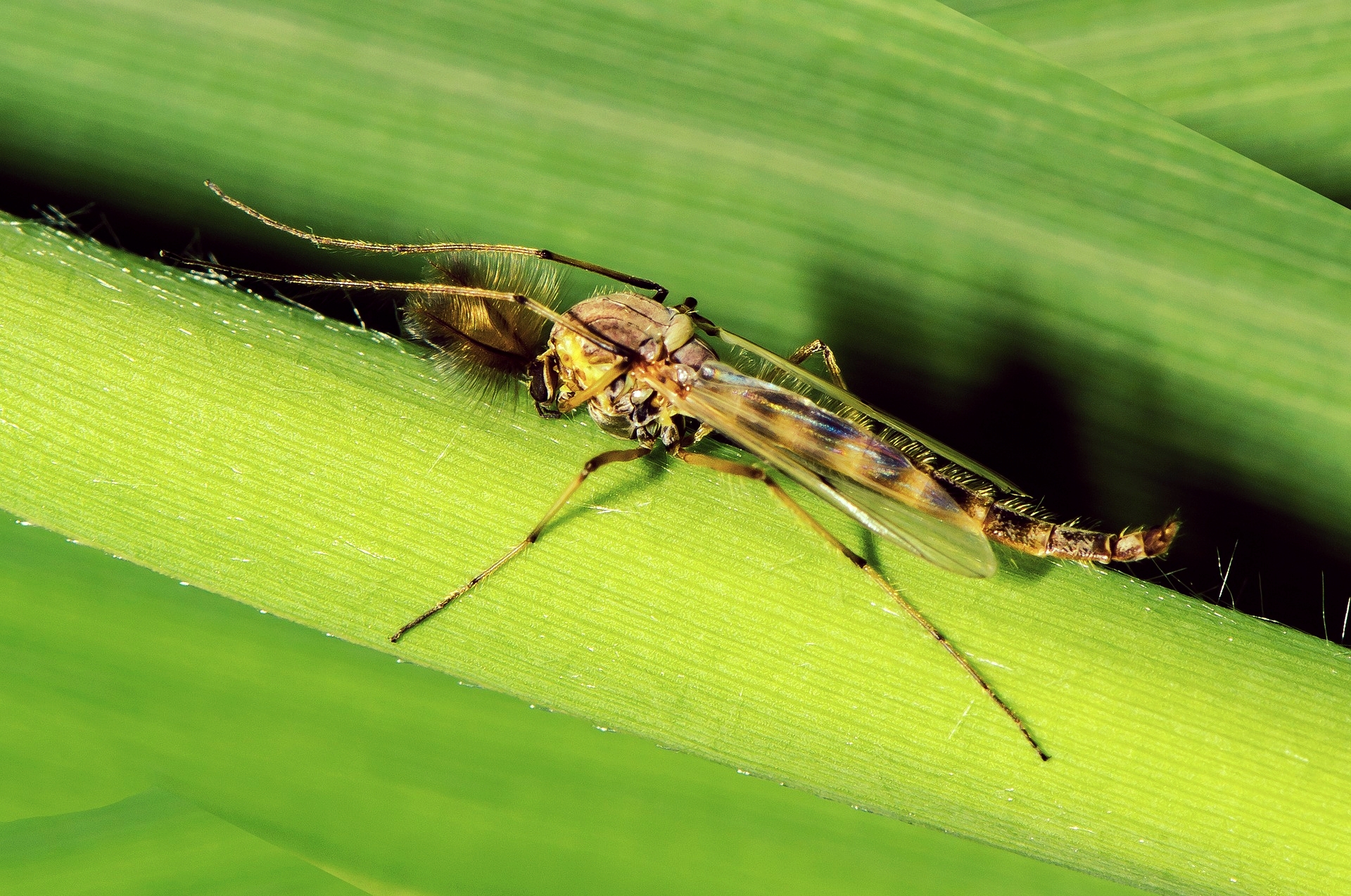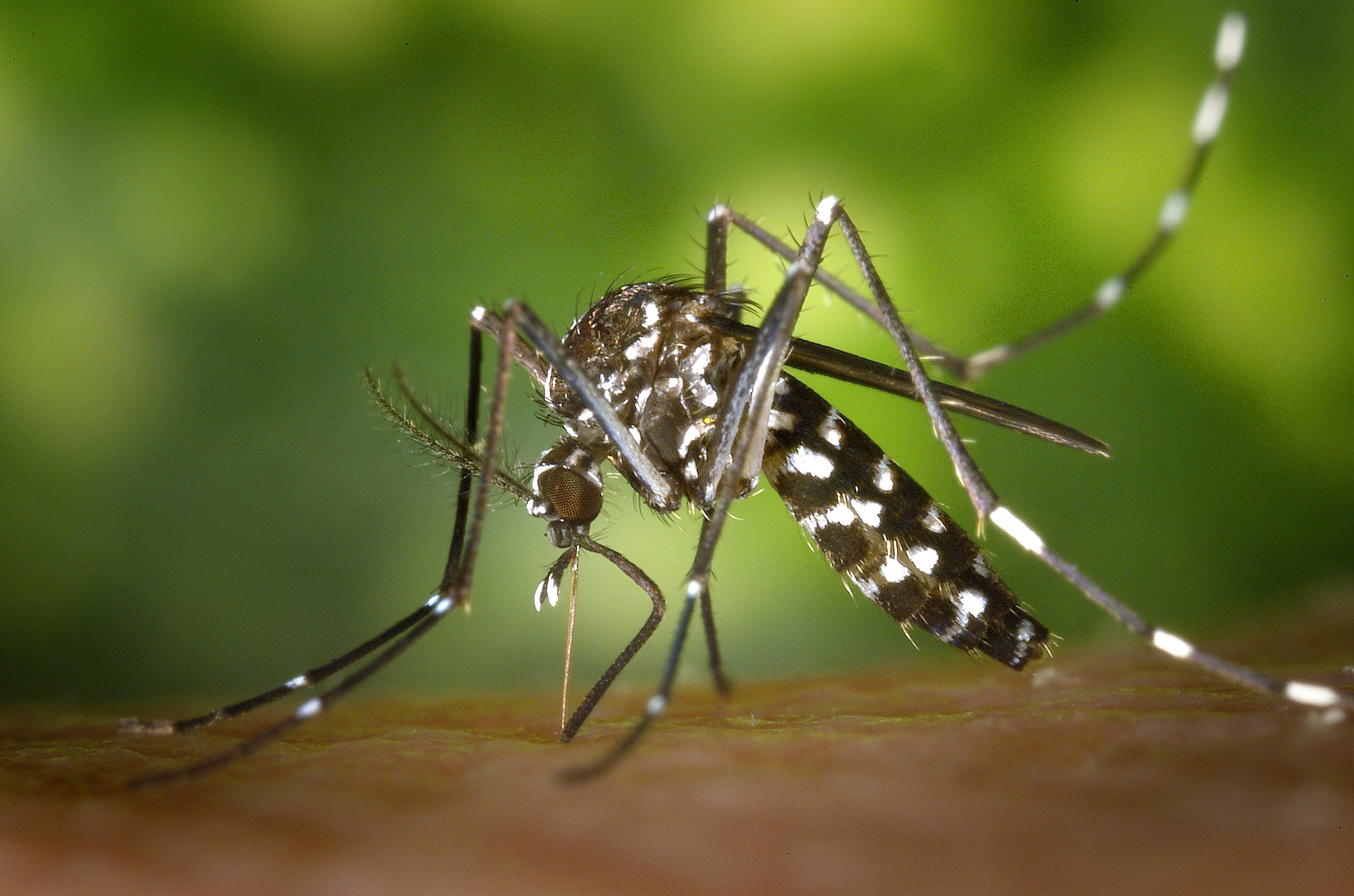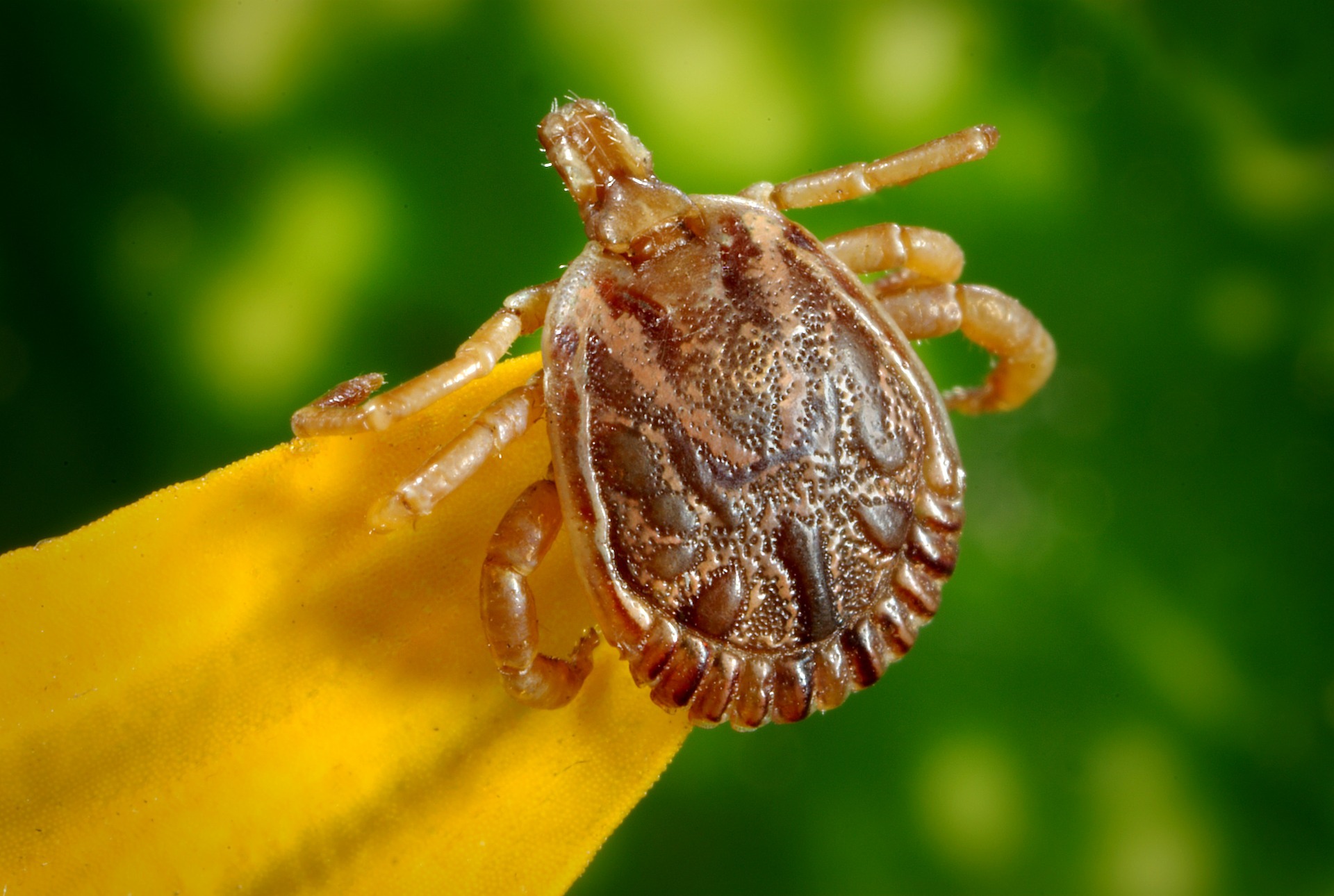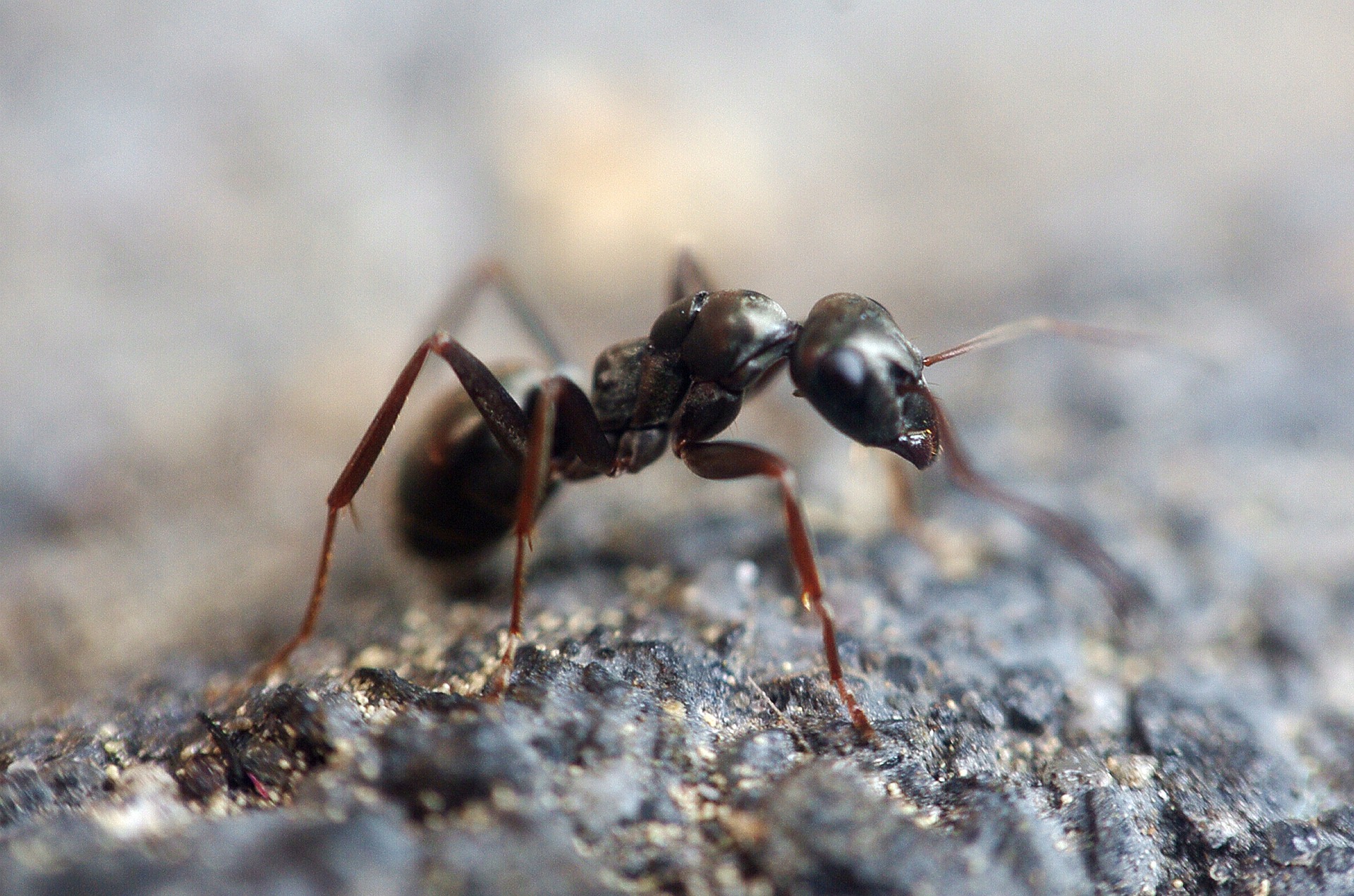Once again, we can all say "so long" to old man winter, hang up our heavy coats, and place the knit hats and gloves on the top shelf. It's now time to say "HELLO" to sitting outside, cooking on the grill, and watching brilliant sunsets. But, we cannot forget about the mosquitos, ticks, fleas, midges, flies, hornets, wasps, yellow jackets, and... the list goes on.
Fall and winter is prime time for mice and rats, while spring and summer are synonymous with insects that bite and sting.
Throughout the months of spring and summer insects become highly active. While we can also enjoy being outdoors with them understand there are times when humans and bugs cross paths. Without a doubt, insects have their time and purpose in our world and serve important roles but, when we cross paths with them there may be risks. Bees, hornets, yellow jackets, and wasps may sting in defense. Ants may ruin a picnic. Ticks, like mosquitos, may possibly transmit a disease to you or a pet.
Spring & Summer Insects to Look Out For
Wasps, Hornets, Yellow Jackets, Ticks, Mosquitos, Ants, Spiders, and Flies
Kitchen Cabinets, and Pantry
Spring is the best time to hit the kitchen cabinets and pantry for prevention. Pull out everything from inside your cabinets and drawers then, wipe down the surfaces of shelves including the inner sides of your drawers. Get rid of an type of shelf liners. Throw out any expired herbs, spices, or ingredients such as flour and grains that may introduce stored product pests into your home. While empty, inspect the backs of cabinets or pantries for entry points that pests might use. These areas include tiny cracks, holes and crevices. During the warmer months, insects like ants and cockroaches are adapted to finding food sources through them. And finally, pull out appliances, wipe surfaces and vacuum behind them. Looking for signs of pests or possible entry points for them, cleaning surfaces and getting food debris out is the best prevention in preparing for the upcoming warmer months.
Faucets & Water Sources
All insects, no matter what time of year, seek out a source of moisture. Water, even the tiniest amount is enough for any insect therefore, moisture is a major attraction for all pests such as roaches, spiders, and ants. Check all of your bathroom and kitchen faucets to ensure no leaks are present. Repair leaky faucets, loose floor tiles, and areas where caulking is stained, damaged or mildewed. Two main areas of concern with caulk are around toilets and tubs. Be sure to look underneath your sink cabinets for any signs of moisture damage. If any of these places have damaged or mildewed caulk or wood caused by moisture, you may need to call a plumber. If mold or mildew is found you should get a mold inspection to prevent further issues to you and your family's health.
Closets, Attics, Garages
Professionals in the industry live and work by one simple rule and that is - The more clutter you have, the more opportunity for pests. Simple right? During spring and summer months your odds significantly increase for spiders, ants, wasps, earwigs, termites, silverfish, fleas, various mites, ticks and mosquitos to inhabit areas inside and out of your home. Cleaning out your closets, attics, garages, or wherever you have stored items or boxes is yet another major step in preventing spring and summer pests from invading your home. Eliminating mass clutter will ultimately reduce considerable opportunities for common pests to infest your home. Follow this same professional rule in the garden. As you will soon read, piles of rock, wood and other landscape material create habitats for all insects. More threatening at times, snakes, skunks, squirrels, and other wildlife may migrate into your property seeking out homes in these materials, and with potentially harmful risks.
Doors and Windows
Damaged screens in windows and doors may be unnoticed during the winter. It's now warming up outside so it's time to check up and clean your screens. Inspect all your windows and doors thoroughly for damaged screens, replacing any screens that have holes before it's too late. Check the spline of frames and the seals around your doors too. While going around checking your windows and doors it's a good idea to check for any damage to your foundation. Damage to your foundation can happen during the winter months and go unnoticed as well. A hole the size of a dime is large enough for a mouse to come through next fall, and cockroaches along with most insects can fit through the tiniest of cracks so seal any cracks you might find.
Standing Water
Especially mosquitos, standing water is a breeding ground for insects! During the winter, water may collect in low spots around your home or garden. Bowls, buckets, toys, and play equipment like sandboxes may have standing water. Downspouts may also be an area for water to pool. Remove or repair any areas of standing water as these will become a harborage for any and all insects. Fill in low level areas and holes. Reset or reposition outdoor play equipment to eliminate this problem permanently. With mosquitos being a
major risk to our health, standing water is probably the most important of all steps to take in pest prevention during spring and summer months.
Deteriorating Wood
Rotted or damaged roofing materials and fascia may act as a point of entry for certain insects. Check around your doors and windows, your deck and patio, the skirting of your home, and other areas where wood might need replacing. Carpenter bees, wasps, ants, spiders, silverfish, centipedes and many other insects love these areas with wood being prime habitats. Birds, while most of us may enjoy watching them, they may create an unhealthy scenario around your home.
Once you have completed these 6 steps to Spring & Summer Pest Prevention you’re ready to begin enjoying your summer! We never said it would be easy. We certainly didn't say it would be quick or easy for that matter. But, if you begin following this guide as the forsythia blooms yellow then in no time at all you can have peace of mind. Not only will this guide give you the knowledge to keep your home pest-free, it will also help you maintain your property value. If you may have discovered evidence of a major pest issue contact Gladhill Services, as we can help you take care of any pest issue.




